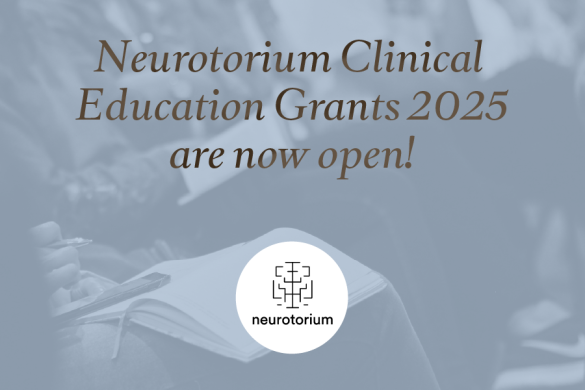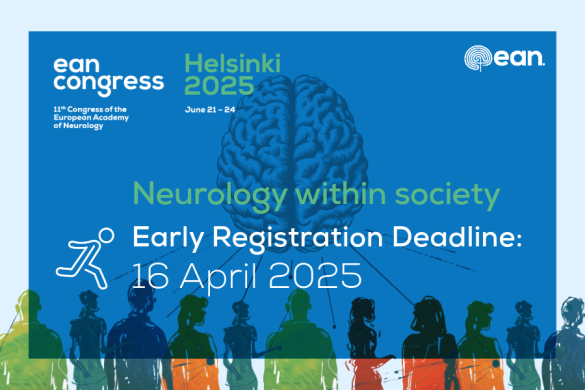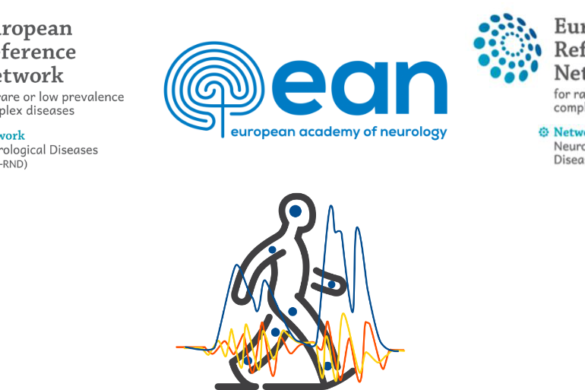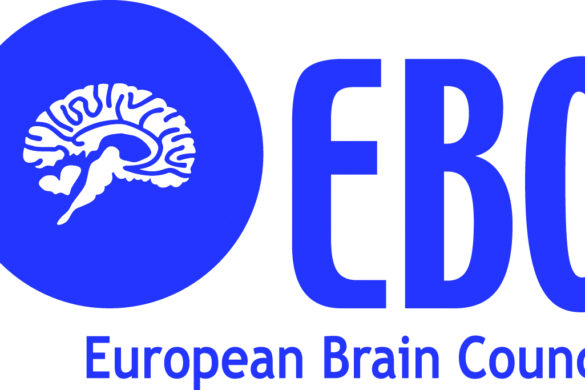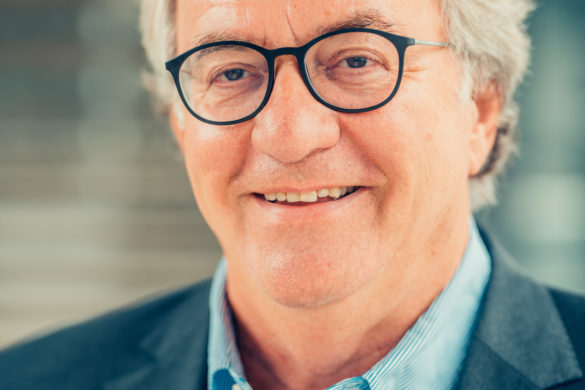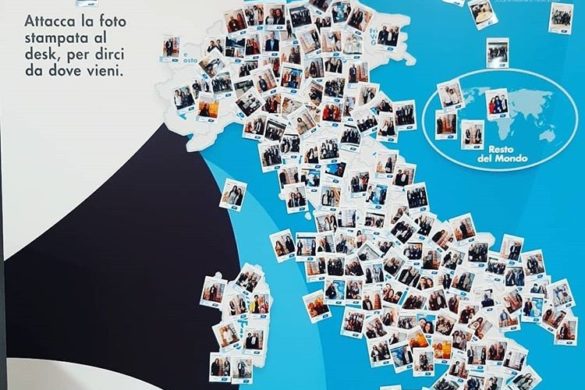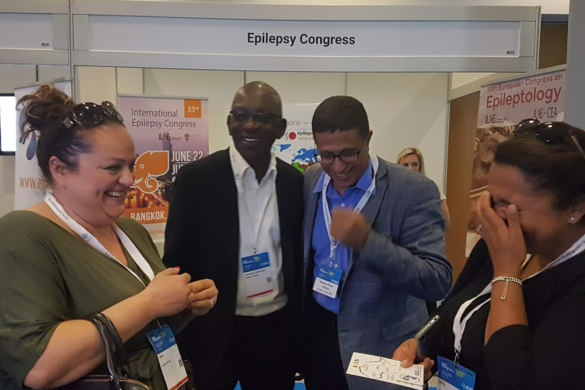by Orsolya Györfi
The close collaboration between the Italian Association of Neuroepidemiology, the EFNS and the Moldovan Neurological Society led to a great initiative: the organisation of the 1st International Course of Neuroepidemiology in Eastern Europe from 24-28 September 2012, in the Republic of Moldova.
The meeting took place in Chisinau, the country’s capital, one of the main centres in Moldova. The city develops quickly, as demonstrated by the various architectural sites under construction, the new roads and services. Nowadays the population of Chisinau is more than 700,000 residents.
The course was a great occasion to discover this small country between Ukraine and Romania; it is a land of historical monasteries, a country of vineyards with people famous for their hospitality.
The main objective of the course was to provide essential knowledge of the key methodological issues in neuroepidemiology. Thanks to the great speakers, the lectures covered the necessary topics to understand the epidemiological view of the neurological disorders during 5 days.
The course started with the welcome words of H.E. Stefano De Leo, Ambassador of Italy in the Republic of Moldova, followed by the opening speech of the organizers (Maurizio Leone, Maura Pugliatti and Vitalie Lisnic).
The lectures held by Italian Professors: Ettore Beghi, Maura Pugliatti and Maurizio Leone, introduced the audience to the basic ideas and terminology used in population surveys. Data source analysis and measurement methods in epidemiological investigations were also presented. Theoretical issues were demonstrated with surveys focused on the epidemiology of multiple sclerosis and epilepsy.
The article reading workshop showed the steps how a scientific article should be read, giving instructions how to become purposeful, active readers.
On the second day, Pierre-Marie Preux (France) demonstrated the opportunities and challenges in conducting neuroepidemiological studies in resource poor countries, highlighting the capture-recapture method. The Moldovan Professors, Ion Moldoveanu, Mihail Gavriliuc and Stanislav Groppa presented the current epidemiological results in migraine, multiple sclerosis and stroke in Moldova.
The programme on the following day, led by Giancarlo Logroscino (Italy) focused on the clinical study design in epidemiological research, detailing the key features of case-control and cohort studies.
Michal Karlinski (Poland) presented a lecture on epidemiological analysis of stroke, Andrei Ivashynka (Italy) discussed the peripheral vestibular syndrome. The Organisation Committee offered a great possibility to the European Association of Young Neurologists and Trainees (EAYNT) to present the association’s major aims for junior colleagues. In this session Orsolya Györfi (Romania) summarised EAYNT’s main objectives, membership benefits, travel grants, fellowships, and EAYNT’s own travel grant.
The fourth day started with lectures about the essentials of effective clinical trial design by Roberto D’Alessandro (Italy), followed by a lecture about the essential steps involved in protocol development, giving an interesting overview regarding the Cochrane Collaboration Database presented by Ilaria Casetta (Italy). Maurizio Leone gave a talk discussing resources and background information in evidence based medicine. Luca Vignatelli (Italy) shared an approach of systematic literature search, demonstrating how to identify the best available evidence in clinical backgrounds.
On the last day, I. Popa (Italy) highlighted the importance of biostatistics in clinical data management, data analysis and interpretation of results from the statistical perspectives. Maura Pugliatti (Italy) presented a challenging topic: The concept of confounding in epidemiology explaining the causes of spurious associations in observational studies.
The social events, including Welcome Reception at an elegant restaurant and a visit of a popular Moldovan winery offered a great opportunity for keeping and forming new relationships between the Faculty and Moldovan professionals.
A well prepared and punctual scientific programme, as well as the organizers’ hospitality contributed to this successful meeting.
Finally we take this opportunity to thank the Scientific Committee and the local organizers for arranging this prosperous course and for supporting the EAYNT.
Orsolya Györfi is working at the Department of Neurology of the Mures County Emergency Hospital in Targu Mures, Romania. She is Secretary General of EAYNT.

